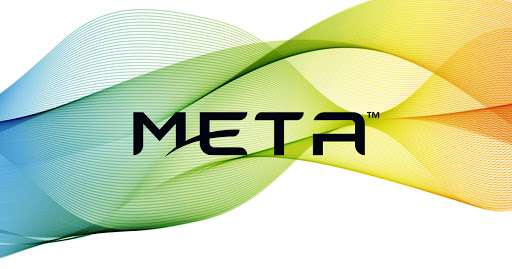Six months after gaining unicorn status through a listing on the Nasdaq, Meta Materials Inc. is facing a class action lawsuit from disgruntled investors.
Meta Materials, the Dartmouth maker of advanced materials that alter light, listed on the Nasdaq in June via a reverse acquisition of Texas’-based Torchlight Energy Resources. The deal raised C$198.1 million, according to Innovacorp Vice-President of Investment Andrew Ray, whose fund was Meta’s first institutional investor, and catapulted Meta to unicorn status with a market cap of about C$2.7 billion. Shares have since slid to just under C$3.20 for a market cap of about C$888 million, taking the company out of unicorn territory.
The Rosen Law Firm, a New York-based securities litigation specialist that has previously bagged nine-figure settlements from Chinese e-commerce giant Alibaba and automaker Fiat Chrysler, claims Meta misled investors about business opportunities and its rate of progress on commercializing its technology.
“These types of lawsuits are unfortunately a common occurrence for companies with stock listed on public exchanges in the United States,” Meta spokesperson Melanie Rusinak told Entrevestor in an email. “With the lawsuit having just been filed, it will be months before a lead plaintiff is appointed to represent the class and before we have an opportunity to respond.
“We believe the lawsuit is without merit and intend to vigorously defend against it.”
Rosen lawyer Phillip Kim, who is running the case, wrote in a complaint filed with the United States District Court for New York’s Eastern District that Meta failed to warn shareholders about a Securities and Exchange Commission investigation into the Torchlight and Meta merger. The SEC has not disclosed the details of its investigation, but in September, Meta received a subpoena demanding documents related to the deal, which it disclosed in a regulatory filing.
Kim and Rosen also claim that Meta overstated the commercial potential of its technology, with the lawsuit alleging the company’s price points are too high, making its planned products less commercially viable than it claims.
Compounding the deception, the suit claims, is Meta’s potential inability to manufacture its materials at scale: “Meta’s current ‘operations’ are a collection of hopeless, fake, and obsolete science experiments.” The suit says many of Meta’s projects date back to the early 2010s, and the technologies could prove obsolete even if they eventually make it to market.
Though Meta has not officially responded to these allegations, the company's public statements have shown that it is selling products and growing revenue dramatically. Meta's website lists five products that are now in the market, and it will demonstrate its new NANOWEB 5G reflector technology, which helps improve 5G telecommunications coverage, at the Consumer Electronics Show in Las Vegas this week.
In its most recent financial statement, Meta said its total revenue for the three months ended Sept. 30 was $572,612, an increase of 189 percent from the same period a year earlier.
Meta’s list of in-progress research and development products is long and varied, ranging from anti-ice film for self-driving cars to a needle-free system for blood glucose testing. But so far, none of the projects has reached the commercialization stage.
Founded in 2011, Meta says it uses artificial intelligence systems to design new synthetic materials in a fraction of the time it would take a team of human engineers: days, for example, rather than years. Chief Executive George Palikaras said on an investor call in July that he expects the materials to eventually be manufactured by Meta’s clients under licensing deals, rather than by Meta itself, which could help bypass any manufacturing bottlenecks.
And on the same investor call, Palikaras said he expected Meta’s first commercial product facility to be completed in 2022.
The lawsuit is not seeking a specific dollar value for damages, instead asking for repayment of any losses suffered by investors — a common approach used by securities litigators in the United States.










